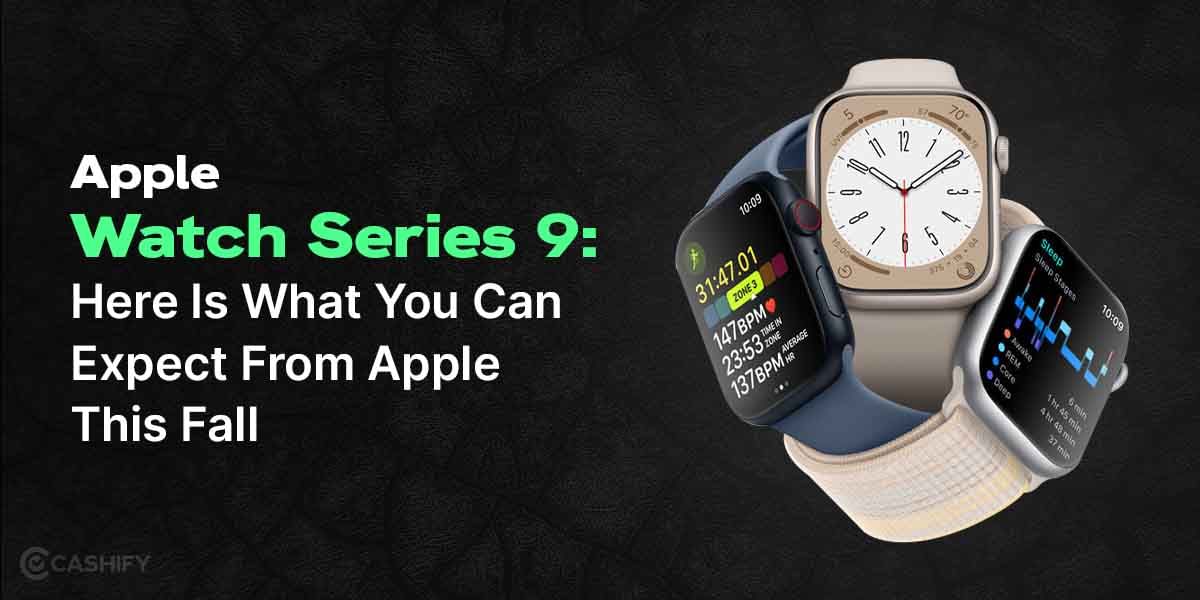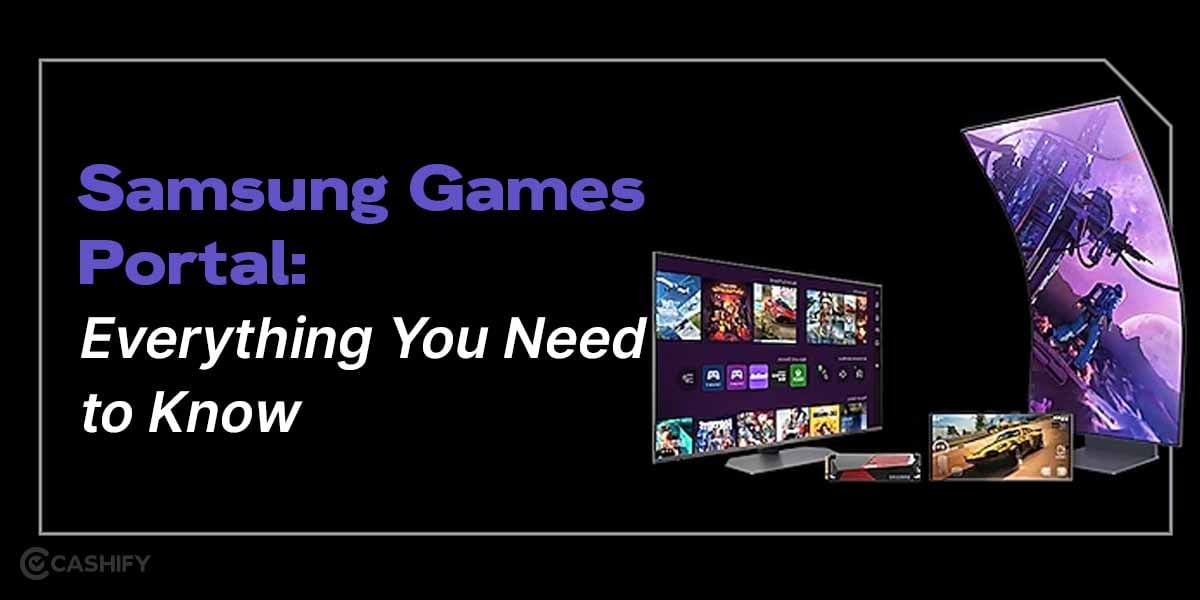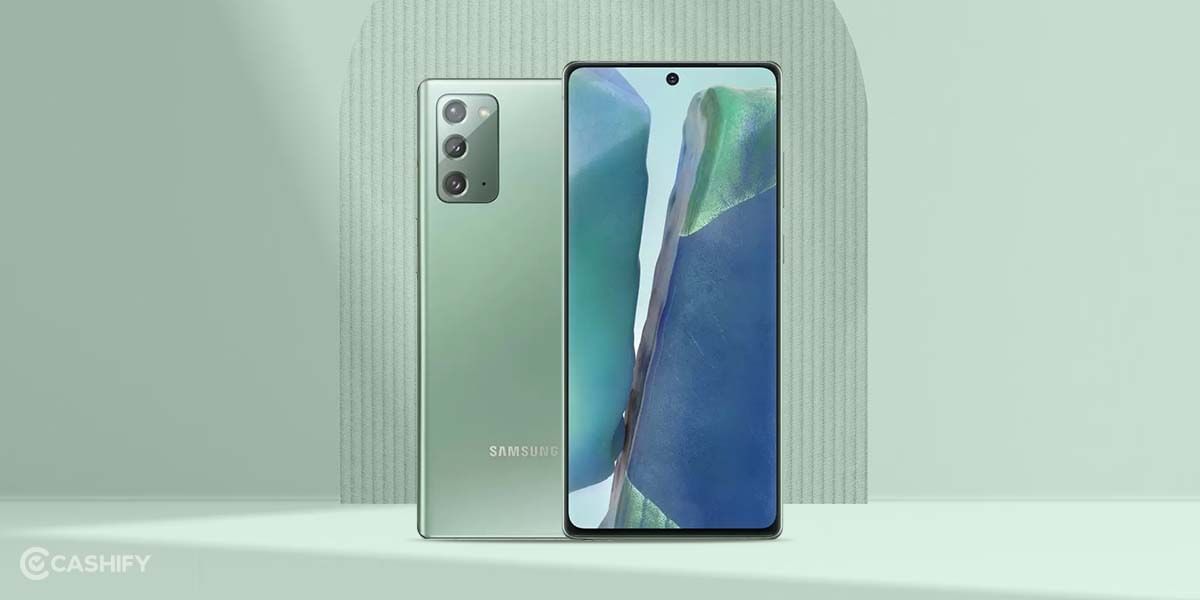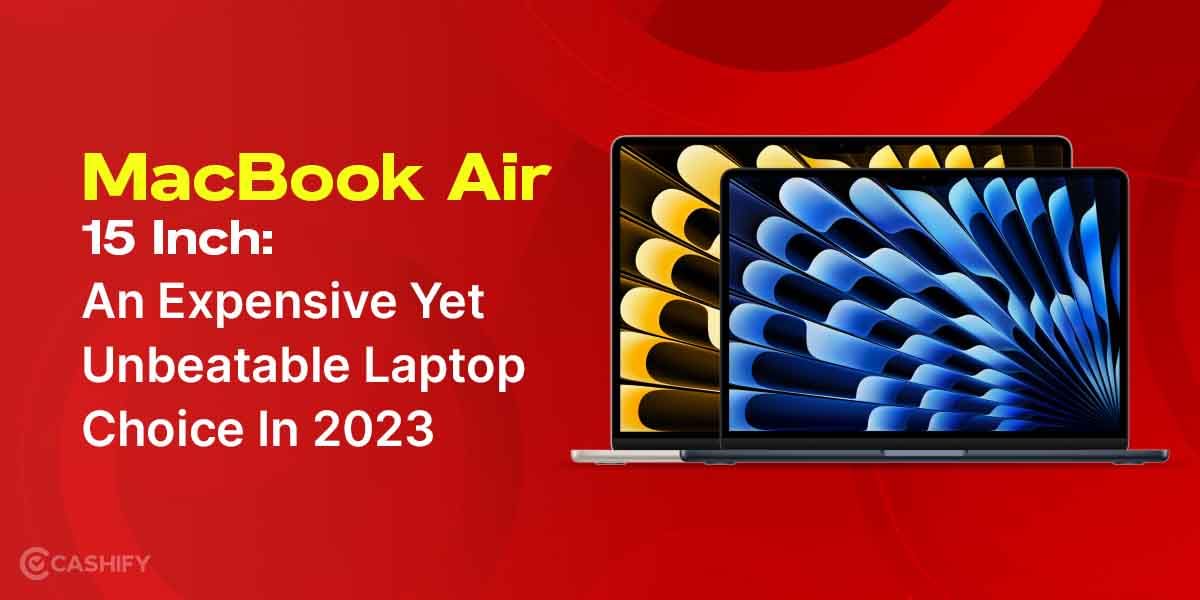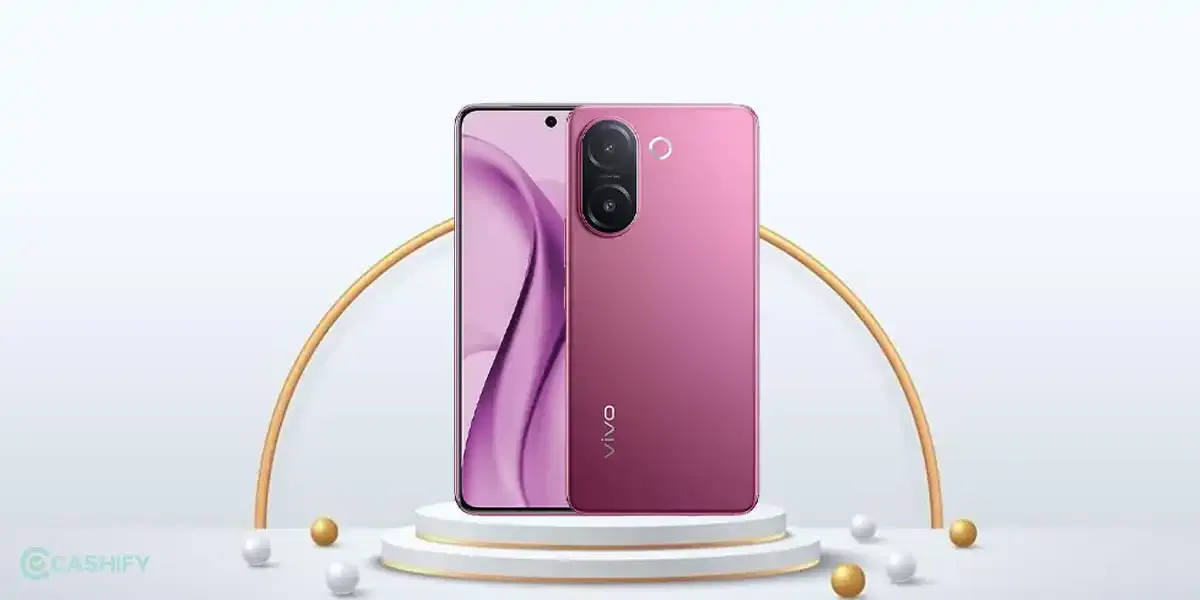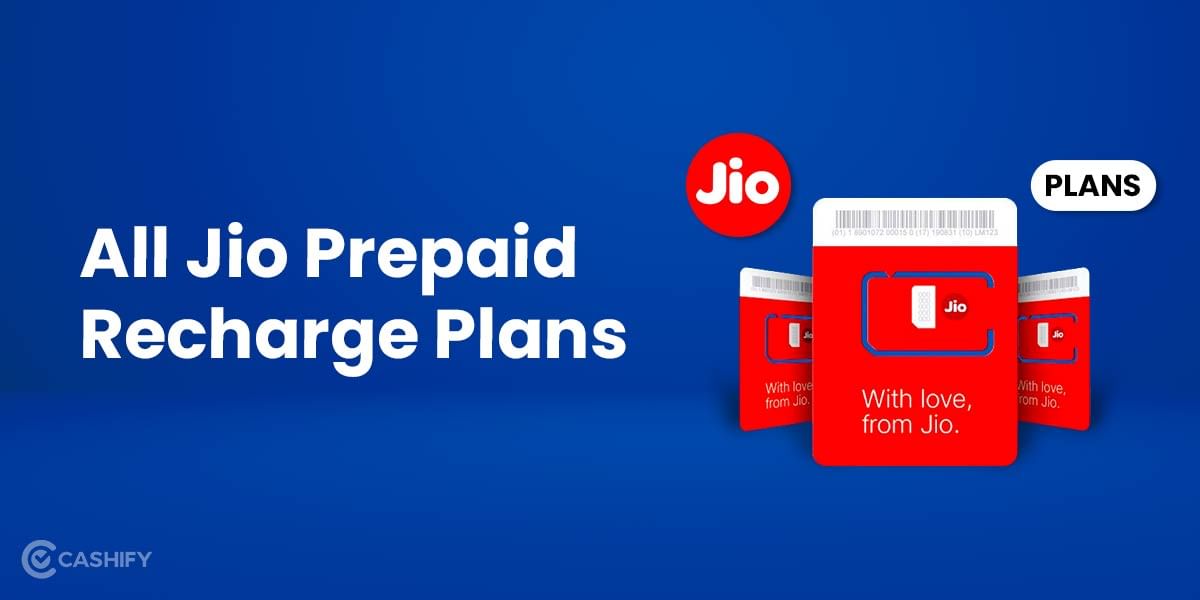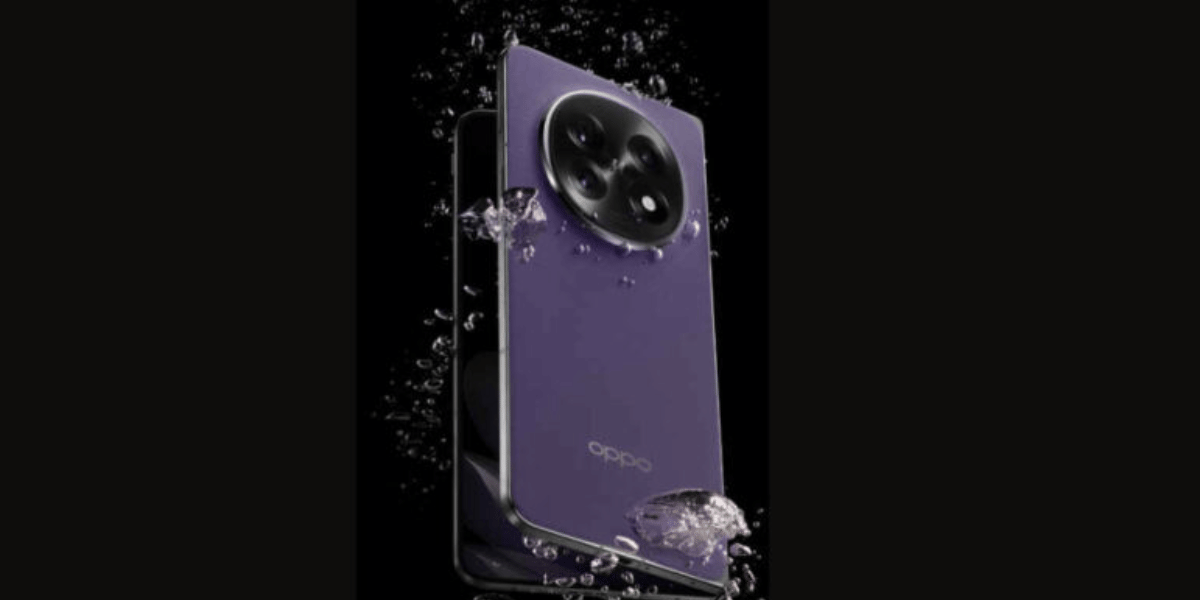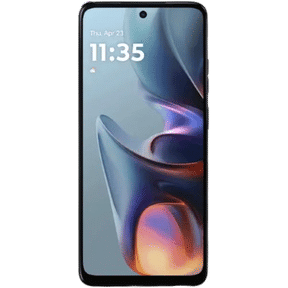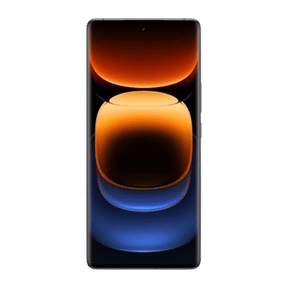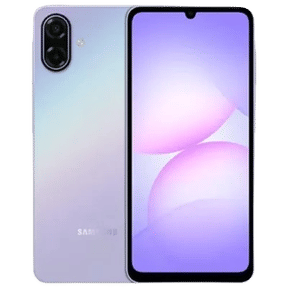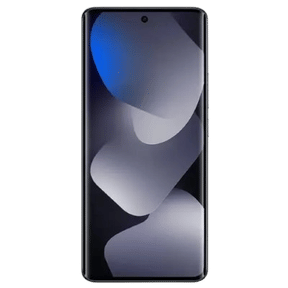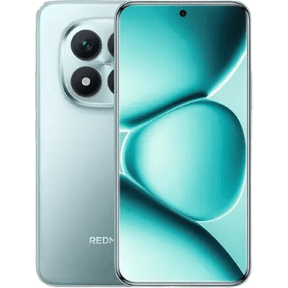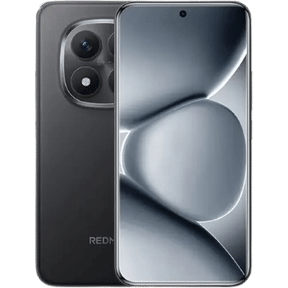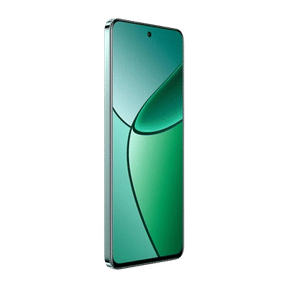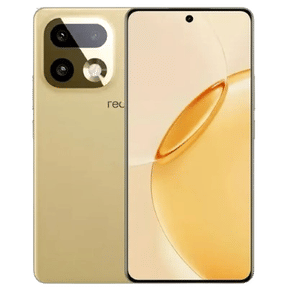When we purchase a new smartphone, we review a list of specifications that includes the processor, software, cameras, display type, battery, etc. So, it is hard to ignore the AMOLED vs. LCD display types when you are ready to shell out so much on a new phone.
Although there are plenty of display types available right now, two of the main contenders for display technologies that are widely available are AMOLED and LCD. In this article, we will discuss LCD vs AMOLED and find out which one is better for you.
Also Read: AMOLED Vs OLED: Which Is Better And Why?
AMOLED Display
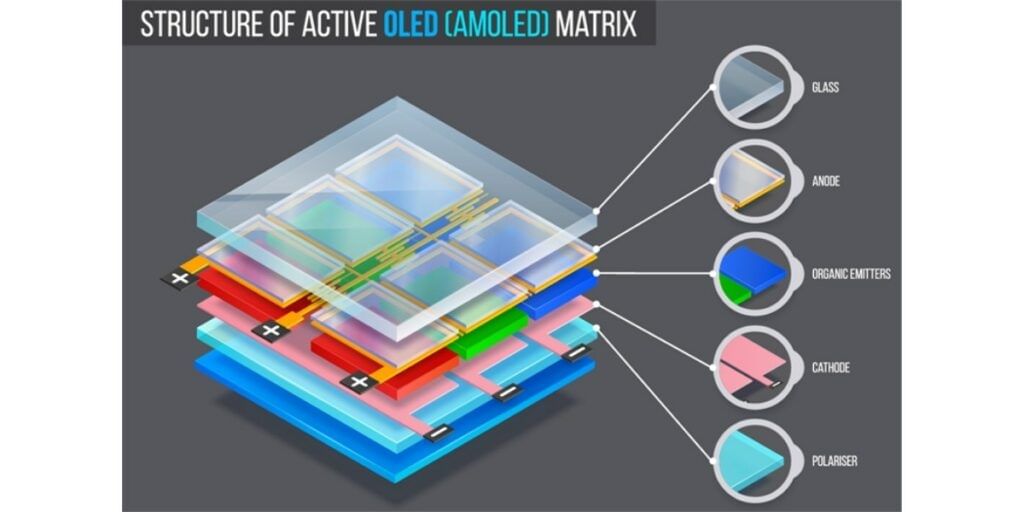
Starting with the AMOLED first, it is a part of the OLED display technology but with some more advanced features. To completely know about it must understand its all three components. The first one is LED, “Light Emitting Diode”. Then we have “O” which stands for organic and makes the OLED.
It actually means that organic material is placed with two conductors in each LED, which helps to produce the light. And the “AM” in AMOLED means Active Matrix, it has the capability to increase the quality of a pixel.
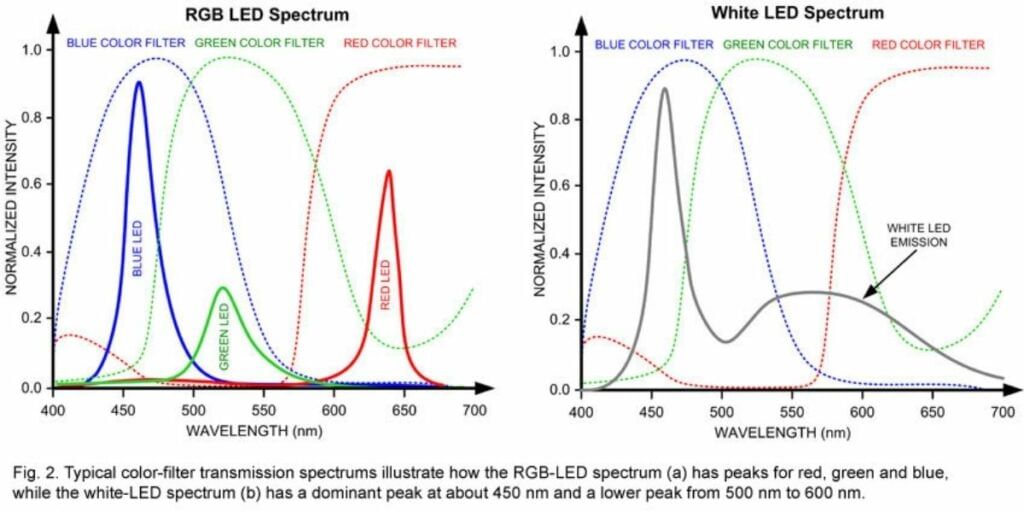
The AMOLED display is similar to the OLED in various factors like high brightness and sharpness, better battery life, colour reproduction, etc. AMOLED display also has a thin film transistor, “TFT” that is attached to each LED with a capacitor.
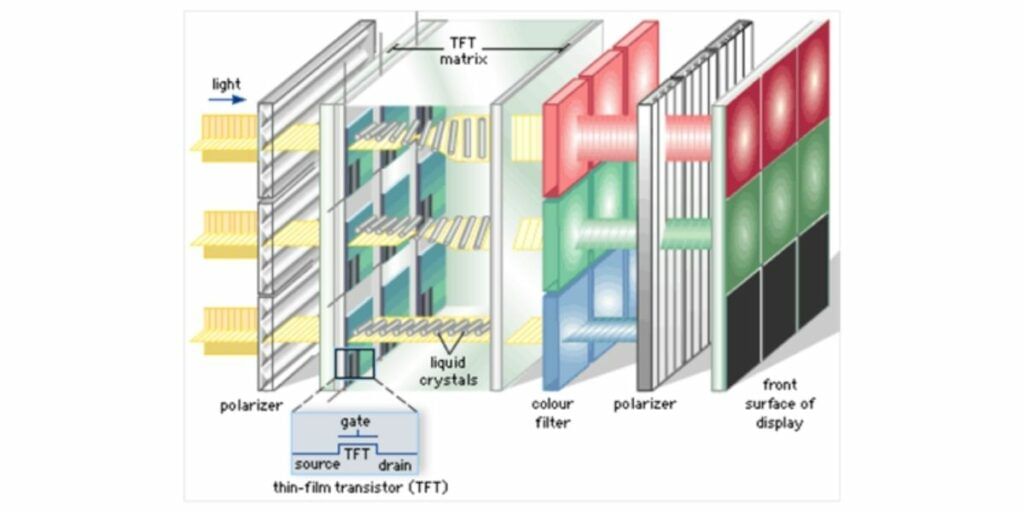
TFT helps to operate all the pixels in an AMOLED display. This display might have a lot of positives but there are a few negatives too let’s point both of them out.
Pros of Using AMOLED Displays:
- AMOLED displays have the best contrast ratios and great vivid colours, which gives the best experience while consuming video content.
- It comes with individual LEDs so, the pixels can be turned on and off individually. This will show you true black colours, as the pixels on the black part of the image will be turned off.
- The individual LEDs also make the display more efficient. Because some pixels aren’t using any power, it can give you better battery life.
Cons of Using AMOLED Displays:
- The best quality AMOLED displays are only available in flagship smartphone manufacturers like Samsung and these devices could be expensive.
- A major issue with these displays is of burning of pixels. After showing a specific image or colour for a longer period of time, the pixel can get burned. And if there is a problem with a single pixel it will affect the entire display.
- Low outdoor visibility, usually the AMOLED Displays are quote not bright in direct sunlight and outdoor readability could be a problem for some devices but average screen brightness.
Also Read: Different Type Of Smartphone Displays In The Market
LCD Display
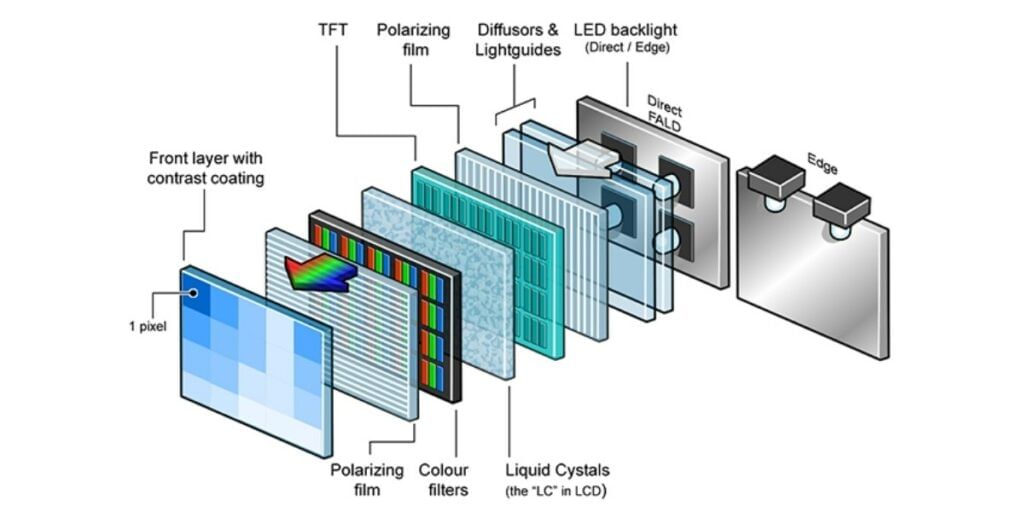
The LCD stands for “Liquid Crystal Display”, and this display produces colours a lot differently than AMOLED. LCD display uses a dedicated backlight for the light source rather than using individual LED components.
The LCD displays function pretty simply, a series of thin films, transparent mirrors, and some white LED lights that distributes lights across the back of the display.
As we have mentioned, an LCD display always requires a backlight and also a colour filter. The backlight must have to pass through a thin film transistor matrix and a polarizer. So, when you see it, the whole screen will be lit and only a fraction of light gets through. This is the key difference comparing AMOLED vs LCD and this is what differentiates these two display technologies.
Also Read: How To Create A New Gmail Account
Pros of Using LCD Displays:
- The LCD displays are cheaper compared to the AMOLED as there is only one source of light which makes it easier to produce. Most budget smartphones also use LCD displays.
- LCD displays have bright whites, the backlight emits lots of light through pixels which makes it easy to read in outdoors. It also shows the “Accurate True to Life” colours, which means it has the colours that reflect the objects of the real world more accurately than others.
- LCDs also offer the best viewing angle. Although it may depend on the smartphone you have. But most high-quality LCD displays support great viewing angles without any colour distortion or colour shifting.
Also Read: How To Remove Duplicates In Microsoft Excel
Cons of Using LCD Displays:
- The LCD displays can never show the deep blacks like AMOLED. Due to the single backlight, it always has to illuminate the screen making it impossible to show the deep blacks.
- The LCDs are also thicker than other displays because of the backlight as it needs more volume. So, LCD smartphones are mostly thicker than AMOLED ones.
- LCD displays consume more battery than AMOLED. Since all the pixels are on even if you are on a black screen, it consumes more energy.
Also Read: Google Tensor G2 Vs A16 Bionic: Which Is Better SoC?
Which Is Better: AMOLED vs LCD?
Here’s a table to help you understand the difference between AMOLED and LCD.
| Factor | AMOLED | LCD |
|---|---|---|
| Pricing | Generally more expensive, often found in flagship devices. | Typically more affordable, found in a wider range of devices. |
| Colour Quality | Sharp, vibrant colours, better overall colour representation. | Colours may appear less vibrant compared to AMOLED. |
| Brightness | May struggle with brightness in outdoor settings. | Generally brighter and performs better in outdoor visibility. |
| Battery Consumption | More energy-efficient, especially with dark mode and black backgrounds. | Consumes more battery power compared to AMOLED. |
| Display OEM Focus | Major manufacturers like Samsung and LG are investing in OLED technologies. | Still widely used, with ongoing improvements in technology and efficiency. |
| Overall Preference | Preferred for superior colour quality and battery efficiency. | Preferred for affordability and better outdoor visibility. |
Looking at all these factors and comparing LCD vs AMOLED display, the AMOLED displays are certainly better than the LCDs. Also, the big display OEMs, like Samsung and LG, are focusing more on OLED technologies for their future projects. So, it makes sense to look out for AMOLED displays. That being said, if we see further enhancements in LCD technology in terms of battery efficiency and more, there is no point in cancelling them at this moment.
In The End
If you are now wondering which display is best for mobile, here’s a thing. Both AMOLED and LCD display technologies have their own pros and cons, as we have laid it out in the article. However, the choice between the two ultimately depends on user preferences for colour and contrast profiles. With major display manufacturers focusing on OLED technologies, AMOLED displays are often seen as the better option, but price wise, the LCD technology could still make a viable choice currently.
Also Read: Best Free Google Photos Alternatives To Save Your Images On Cloud
If you’ve just bought a new phone and don’t know what to do with your old phone, then here’s your answer. Sell old mobile to Cashify and get the best price for it. If you are planning to buy a new phone, check out Cashify’s refurbished mobile phones. You can get your favourite phone at almost half price with six-month warranty, 15 days refund and free delivery.







